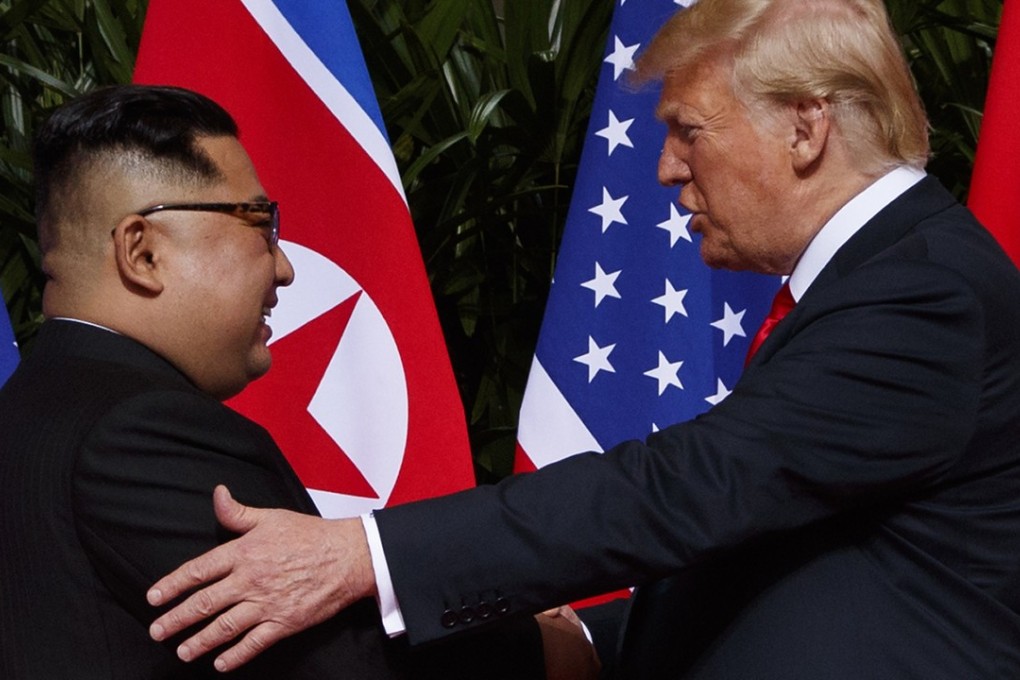Trump-Kim statement isn’t vague – it’s just flexible enough to work
Despite its many critics, the Trump-Kim summit paves the way to peace on the Korean peninsula by avoiding the pitfalls of deadlines and demands – the diplomats will work all that out later

That is until earlier this week.
Even if Trump-Kim summit clicks, Koreans might never
The comprehensive and broad principles enunciated in the Trump-Kim joint statement constitute a first step towards reconciliation in the decades-long history of stand-off and antagonism since the de facto political division of the peninsula in the mid-1940s.
The outlines of the grand bargain are familiar, symmetric and unprecedented. In exchange for committing to “complete denuclearisation” of the peninsula on a condensed but step-by-step basis, Pyongyang is to receive the security guarantees it craves. Down the line, as reciprocal commitments are progressively fulfilled and a structure of peace elaborately constructed (including “an appropriate agreement for a peaceful settlement [of the Korean war] at a political level”), Pyongyang is to enjoy sanctions relief and the normalisation of relations with the US.

The grand bargain constitutes the first time that a North Korean leader has, face-to-face, promised an incumbent US president to work towards the complete denuclearisation of the peninsula. Equally, the US commitment to guarantee the security of North Korea by means of a legally binding instrument is epochal – the joint statement of the six-party talks of September 2005 had merely affirmed that Washington had “no intention to attack or invade the DPRK” and it was left at that.
Hang on, what language is Kim Jong-un speaking?
